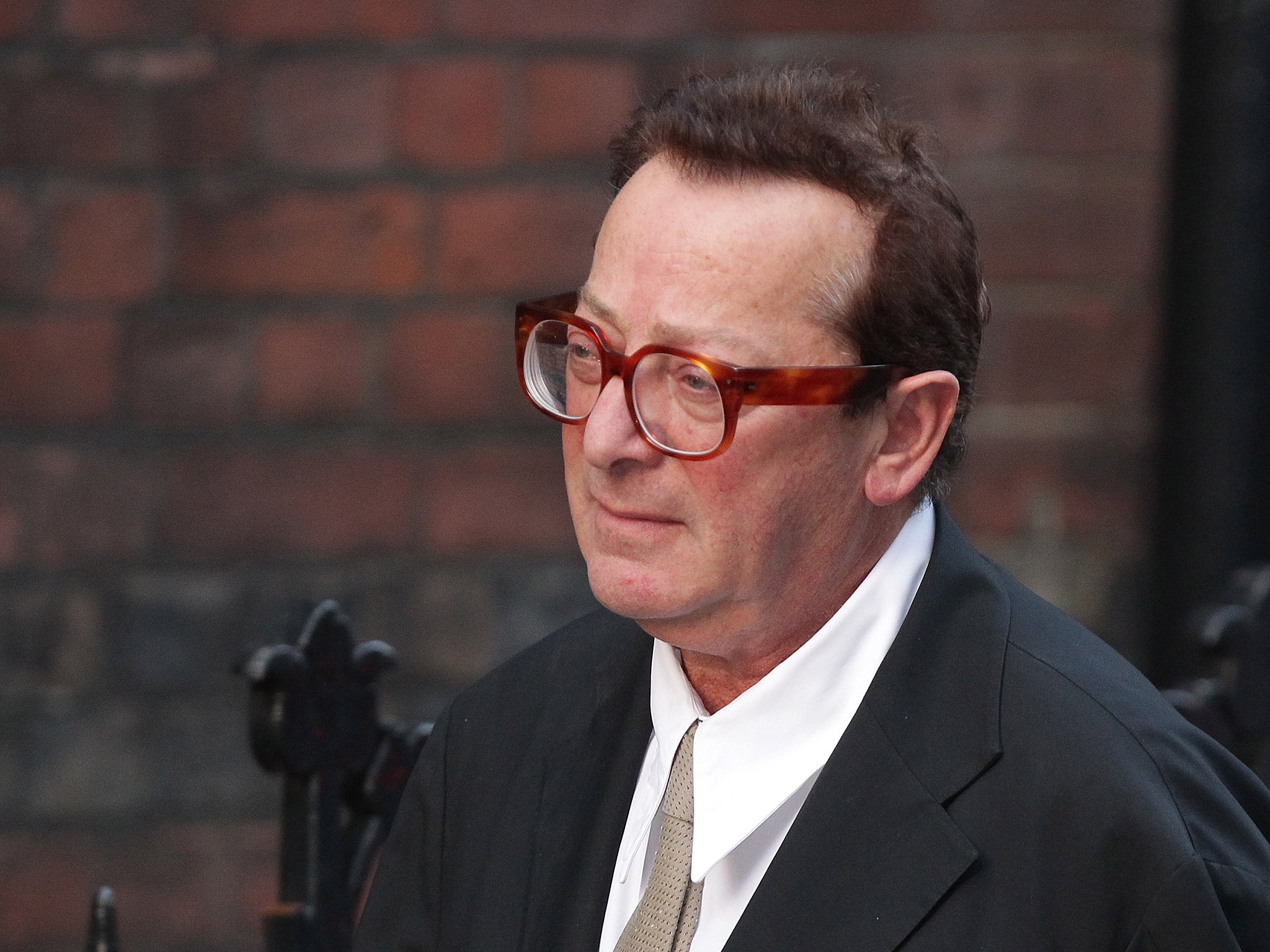So-called 'Saatchi Bill' under fire for unintended consequences
Bill would allow terminal patients to use experimental treatments

A proposed overhaul of the law surrounding doctors’ use of experimental treatments is unnecessary, would undermine clinical trials and could put patients at risk, a coalition of leading research organisations has said.
The Medical Innovation Bill, proposed by the former advertising guru Lord Saatchi, aims to make it easier for doctors to use new treatments and potential cures, without fear of litigation for negligence should things go wrong.
However, despite being backed by the Government, it has met with widespread opposition from doctors, researchers, and patient safety advocates.
Today, as the so-called Saatchi Bill passed its committee stage in the House of Lords, nine research groups including the British Heart Foundation, the Medical Research Council and the Wellcome Trust issued a statement expressing concerns that it would not achieve its aims, could lead to patients being harmed and would see experimentation with new drugs taking place on an “ad hoc” basis with detrimental consequences for the quality of clinical trials data.
The bill was proposed by Lord Saatchi after the death of his wife, Josephine Hart, in July 2011, from a rare form of ovarian cancer.
It has been promoted by a well publicised campaign, including a page on the social networking site Tumblr.
An explanation of the Bill’s origins on the site reads: “Moved by grief, taxed by the treatment his wife had to endure and shocked by the lack of progress made in treating and curing gynaecological cancers, Lord Saatchi sought to act.”
Critics of the bill have said that, though well intended, it would have “unintended consequences” for patients, doctors and researchers.
“Even with the safeguards provided in the Bill, and in the amendments, we are concerned that the Bill risks subverting the frameworks currently in place to preserve patient safety,” said the group. “There may be unintended consequences for patients at who could be at risk when receiving treatments for which the evidence base is not fully established, including treatments which could prove ineffectual or harmful.”
Opponents argue that the law already provides for experimental treatments to be used if there is a compelling need, such as in the case of the British Ebola patient William Pooley, who was treated with the untested drug ZMapp earlier this year.
Safeguards for patients under the bill include the need for a doctor to gain patient consent, to consult other medical professionals within their organisation and to tell their responsible officer before using an experimental treatment.
But there are concerns that the regulations could play into the hands of “quack” doctors or rogue clinics.
The British Medical Association opposes the bill as does the Patients Association and the leading patient safety charity Action Against Medical Accidents.
Sir Robert Francis, the leading lawyer who investigated patient safety failings at the Mid Staffordshire NHS Foundation Trust told The Independent: “Lord Saatchi is owed great sympathy for the sad loss of his wife and his frustration at the lack of innovative treatment which might have saved her, but I do not believe that standards set by the legal test of negligence or a fear of negligence claims are any real barrier to responsible innovation. If it exists, such fear is likely to be based on a misunderstanding of those standards, which could be clarified by guidance.”
“I fear that that the Bill would serve to confuse rather than clarify the picture for responsible doctors, open up new risks of litigation, while lowering the level of protection available to a particularly vulnerable group of patients.”
Lord Saatchi said: "The medical profession and charities are split on this Bill – some are against, others like the GMC, Marie Curie, Cancer 52, Cancer Research UK have expressed degrees of support. This demonstrates the central contention of the Bill - that there is confusion around innovation and the law and it is this confusion which the Bill will clarify.”
Join our commenting forum
Join thought-provoking conversations, follow other Independent readers and see their replies
Comments
Bookmark popover
Removed from bookmarks